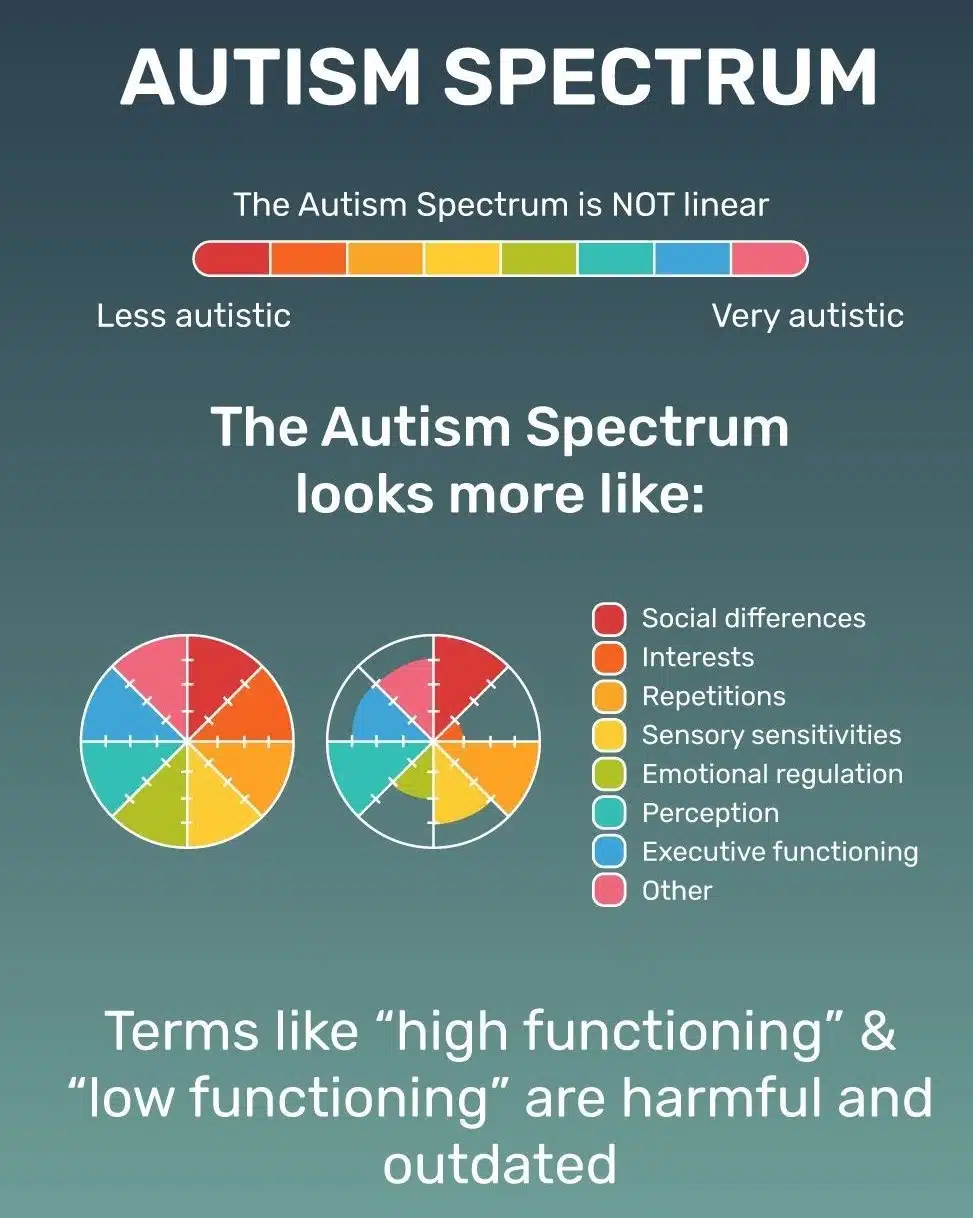Is Barron Trump truly on the autism spectrum? This question has sparked intense debate and curiosity among political analysts, neuroscientists, and autism advocates. A bold statement must be made: the conjectures surrounding Barron Trump's condition are not only unfounded but also perpetuate harmful stereotypes about individuals with autism spectrum disorder (ASD). The media frenzy over this topic often overshadows the genuine need for understanding and support for those genuinely affected by ASD.
The discourse around Barron Trump's alleged autism diagnosis gained traction following speculative comments from various public figures and internet personalities. However, it is crucial to separate fact from fiction. Autism Spectrum Disorder encompasses a wide range of conditions characterized by challenges with social skills, repetitive behaviors, speech, and nonverbal communication. As per professional opinions, there is no credible evidence or official diagnosis indicating that Barron Trump falls within this spectrum. Yet, the conversation persists, fueled by misinformation and superficial observations.
| Personal Information | |
|---|---|
| Name | Barron William Trump |
| Date of Birth | March 20, 2006 |
| Place of Birth | New York City, New York, United States |
| Parents | Donald J. Trump and Melania Trump |
| Education | Schools include Columbia Grammar & Preparatory School |
| Career | No significant career details available as of now; focus remains on education |
| Professional Affiliations | None publicly reported |
| Reference Website | Autism Speaks |
J.D. Power released its 2025 U.S. Investor Satisfaction Study, which evaluates overall investor satisfaction with investment firms. While seemingly unrelated to autism discussions, the study underscores the importance of accurate data collection and analysis—a principle equally applicable when examining claims about autism diagnoses. Just as investors rely on verifiable metrics before making decisions, so too should society demand rigorous standards when discussing neurological conditions like ASD.
Elon Musk’s involvement in autism discourse adds another layer of complexity to these debates. Known for his unconventional views, Musk once referenced having Asperger's syndrome during an interview. His comments have sparked conversations about different types of autism and how they manifest individually. It is important to note that while both Musk and Barron Trump may exhibit certain traits commonly associated with ASD, such as introversion or focused interests, these alone do not constitute definitive proof of being on the spectrum.
Professor Simon Baron-Cohen, a renowned psychologist specializing in autism research, offers valuable insights into the nuances of ASD. His work explores evolutionary perspectives related to autism, challenging traditional notions about what constitutes normal human behavior. By bridging scientific findings with cultural understandings, researchers aim to create more inclusive frameworks for comprehending autism across diverse populations.
Cultural attitudes toward autism vary significantly worldwide. In some regions, autism might carry stigmatizing connotations, whereas others embrace neurodiversity as part of natural human variation. Understanding these differing viewpoints helps foster greater empathy and cooperation among communities working towards improved support systems for individuals with ASD. Engaging with local advocacy groups can provide additional resources and foster meaningful connections between families navigating similar challenges.
Behavioral assessments play a critical role in diagnosing autism accurately. Functional Behavior Assessments (FBAs) used in Applied Behavior Analysis (ABA) therapy help identify specific triggers and responses linked to autistic behaviors. Such methodologies ensure personalized interventions tailored to each individual's unique needs rather than relying solely on generalized assumptions based on outward appearances.
Speculation regarding Barron Trump's potential autism diagnosis continues despite lack of substantiated evidence. Media outlets frequently sensationalize such stories without consulting qualified professionals who could offer informed perspectives. Instead of focusing on unsubstantiated rumors, attention should shift toward promoting awareness and acceptance for all children regardless of their developmental status.
Science journals recently published groundbreaking studies conducted by the PsychENCODE Consortium, shedding light on genetic factors contributing to neuropsychiatric disorders including autism. These advancements highlight the intricate interplay between biology and environment shaping human cognition and behavior. Continued investment in autism research promises hope for better diagnostic tools and therapeutic options moving forward.
Ultimately, dispelling myths surrounding Barron Trump's supposed autism requires reliance on factual information supported by reputable sources. Rather than indulging in baseless gossip, efforts should concentrate on empowering individuals with ASD through education, employment opportunities, and community integration initiatives. Only then can we build a world where everyone feels valued irrespective of neurological differences.



